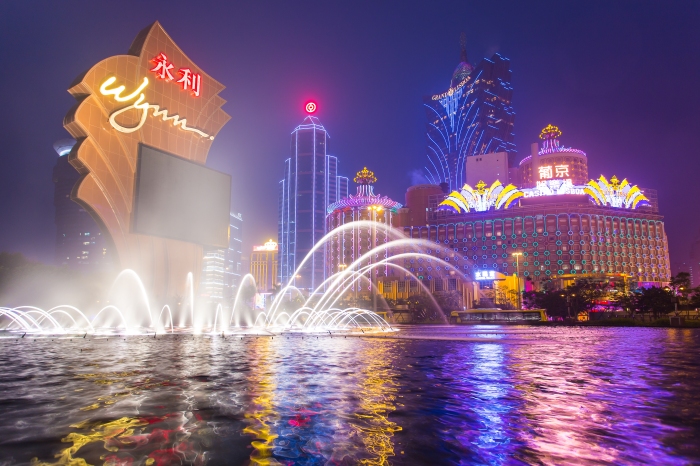True to his nickname, “No Drama Obama,” the American president wants it known that he took no umbrage at the fact that there was no stairway waiting to help him descend from Air Force One last week when he landed in Hangzhou. But he’s a little miffed that critics have seized on that incident as symbolic of tensions in the US-China relationship.
New York Times correspondent Mark Landler detected a “sarcastic edge” in Obama’s reply to questions from the White House press corps in Luang Prabang, the last stop of what surely will be Obama’s final visit to the region as president. Obama seemed especially peeved by suggestions that “stair-gate” proves his administration’s much-touted “pivot” to Asia is a flop.
“If this theory about my reception and my rebalance policy is based on me going down the short stairs in China, yes, I think that is overblown,” Obama said. “Any reasonable person, certainly any person in the region, would be puzzled as to how this became somehow indicative of the work that we’ve done here.”
Well, reasonable people can disagree. And sometimes even unreasonable people offer compelling arguments. In this case, Charles Krauthammer (with whom I rarely agree on anything) raises an excellent point. In a recent Washington Post column he observes that no nation pays more attention to matters of diplomatic protocol than China. China’s leaders, says Krauthammer, are “masters of every tributary gesture, every nuance of hierarchical ritual. In a land so exquisitely sensitive to protocol, rolling staircases don’t just disappear at arrival ceremonies.”
Yes, Krauthammer is a conservative pundit with a political axe to grind. But he makes a case with which few foreign China experts–regardless of their partisan affiliations–would disagree. Continue reading “By the short stairs”




